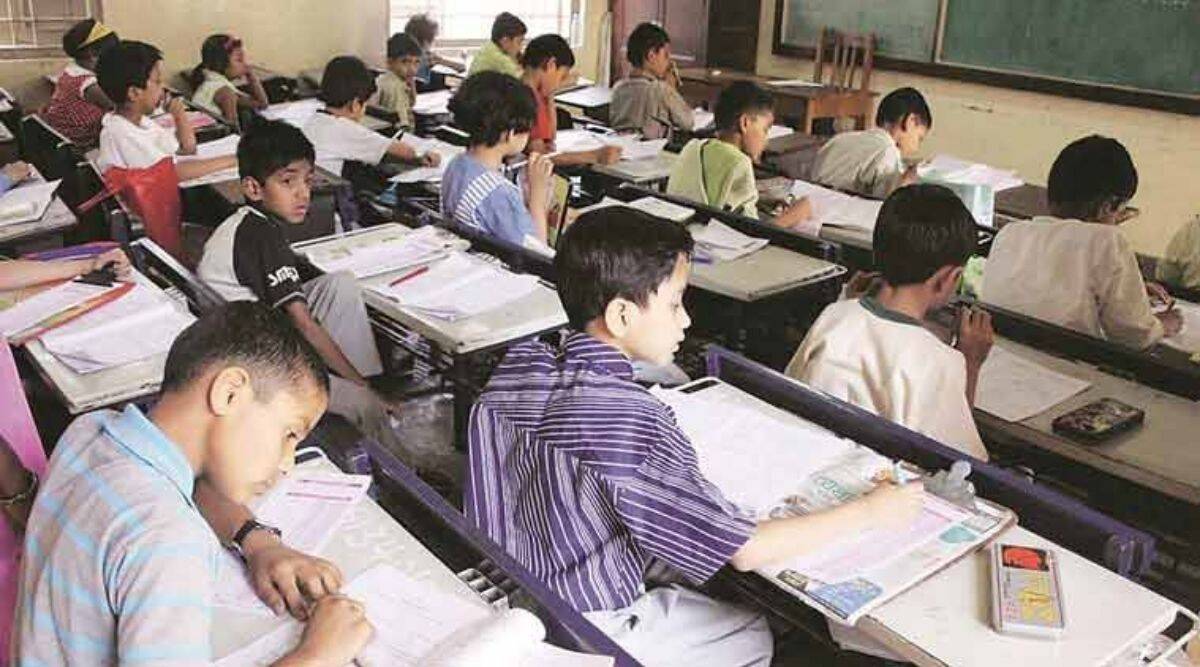 Among the languages assessed in Delhi, well over half the children were found to have sufficient or superior skills. (File)
Among the languages assessed in Delhi, well over half the children were found to have sufficient or superior skills. (File)The nationwide Foundational Learning Survey (FLS) has found more than half of the assessed class III children from Delhi to have either “limited” foundational numeracy skills or “lacking the most basic knowledge and skills”, once again throwing light on foundational numeracy gaps in Delhi.
The study, carried out jointly by the Union Ministry of Education and the National Council of Educational Research and Training (NCERT), was carried out among 86,000 class III children in 10,000 schools in the country. In Delhi, the sample size was 2,945 students from across 515 schools.
Based on children’s performances, they were placed in four categories: those who lacked the most basic knowledge and skills; those who have limited knowledge and skills; those who have developed sufficient knowledge and skill; and those who have developed superior knowledge. In foundational numeracy, 40% of these assessed children in Delhi were found to have limited knowledge and skills, and 12% per cent were found to lack the most basic knowledge and skills, while 41% were found to have sufficient knowledge and skill, and 7% to have superior knowledge and skill.
The percentage in the two lower categories is slightly higher in Delhi than nationally, where 11% are placed as lacking basic skills while 37% are found to have partial skills. In fact, Delhi is in the bottom one-third of states and UTs in terms of the percentage of assessed children found to be lacking basic skills.
In the National Achievement Survey, Delhi featured in the five states with the lowest average scores in both Math and Language at the class III level. However, unlike NAS which evaluated learning outcomes based on Multiple Choice Questions, the findings of the FLS are based on interviews with each individual participant. In foundational numeracy, the tasks for children included identifying and extending patterns consisting of numbers and shapes, solving word problems based on addition and subtraction, comparing pairs of numbers to identify the bigger number, and identifying and representing fraction values.
Among the languages assessed in Delhi, well over half the children were found to have sufficient or superior skills. However, in Hindi, while a high 30% of children were found to have superior skills and knowledge, more than one-fourth—at 26%—were found to lack the most basic skills.
The foundational learning survey had been conducted in the month of March 2022, one month after school had opened partially for primary school students for the first time since the start of the pandemic, and shortly before it opened completely and compulsorily for them. An Indian Express investigation tracking the math recovery process for primary school children from April onwards found that the starting point for a class V government school teacher after two years of pandemic-induced closures had to be from revisiting pre-school level counting to class II and III level subtraction and division.
Since the time of the FSL, children in government and municipal corporation schools have had months of focused classes on foundational reading, writing and numeracy, as well as assessment and monitoring.